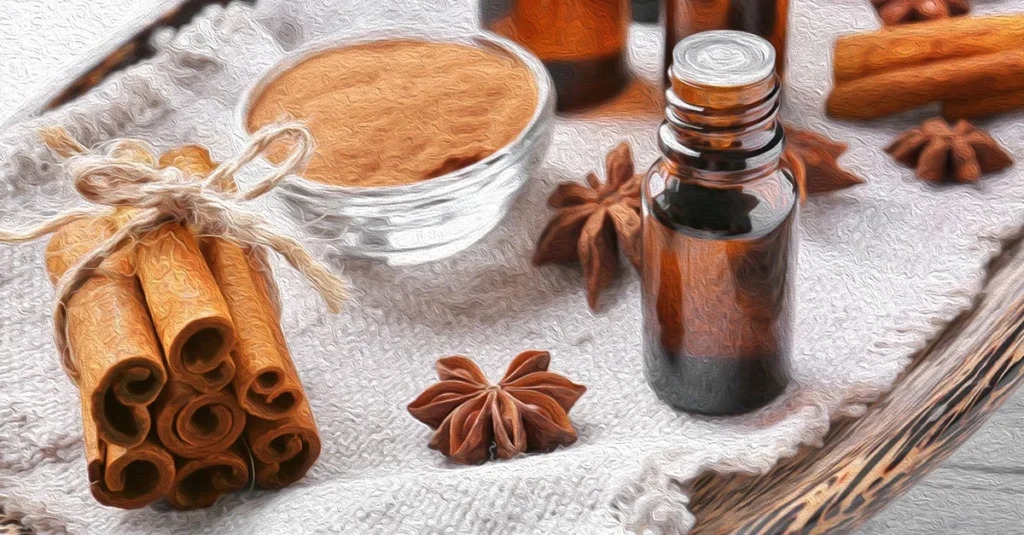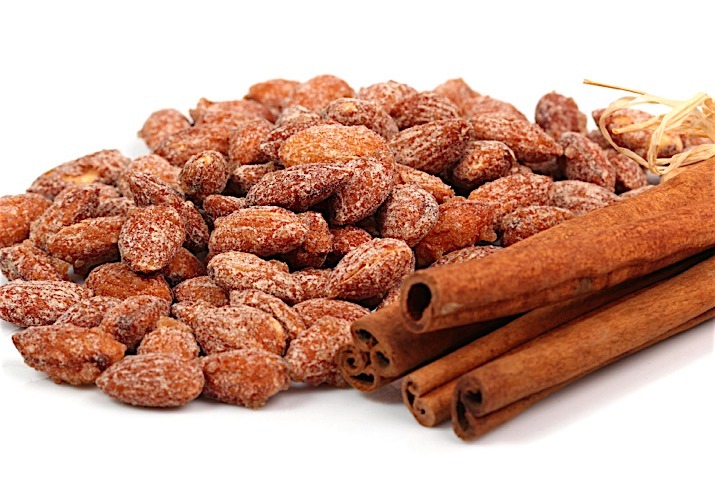Introduction
Scientifically called as Cinnamomum, the inner layer of bark of trees is used to make cinnamon, a spice. It has been used as an ingredient since ancient Egypt and has persisted through time. It was once thought to be a gift suitable for kings and was extremely rare and valuable. These days, cinnamon is reasonably priced and available in most stores. It is also a common ingredient in a wide range of dishes and cooking methods.
Types
The two primary varieties are Cassia and Ceylon. Cassia makes up almost all of the cinnamon seen in supermarket stores. Ceylon is less frequent and grows mostly in Sri Lanka. “True” cinnamon is another term for ceylon cinnamon. However, there is disagreement over the fact that that is true. Though they originate from somewhat distinct tree species and geographical locations, either Ceylon & Cassia. You’ve probably sprinkled spice on desserts, bread, and pastries. However, has more uses besides adorning pastries; it can improve your health. The advantages and disadvantages of consuming this spice powder for health are examined in this article.
Health Benefits
Prevent Diabetes
Cinnamon does affect blood sugar levels in people with type 2 diabetes, according to a few smaller studies. It’s interesting to note that the kind of cinnamon used seems to have a varied effect. While research on the Ceylon type of this spice is only getting started, cassia has demonstrated the greatest potential in terms of blood glucose control. This could be partly due to the fact that Ceylon is more difficult to find than Cassia.
In comparison to patients who received a placebo, a smaller Chinese study that was released in the scientific journal Nutrition Research revealed evidence of this spice decreasing blood glucose levels in individuals who took supplements containing the spice. It has also been demonstrated that lowers cholesterol in diabetic people.

Helps in Weight Lose
It has been demonstrated that it can lessen some of the negative consequences of eating foods high in fat. This may support a comprehensive weight-loss strategy. In the end, your body may lose weight as a result of its impact on blood glucose levels. It has antibacterial and anti-inflammatory qualities can aid weight loss efforts further by supporting a healthy body that will improve digestion. There are 1.6 grams of fiber in one teaspoon of cinnamon, so it can help you meet your daily fiber intake and feel fuller after meals.
Learn More About Weight Lose With Spice.
Protect Against Cancer
The potential benefits of cinnamon for treating and preventing cancer have been extensively researched. Overall, research on animals and test tubes provides the only data supporting the possibility that cinnamon extracts can prevent malignancy It seems to be poisonous to cancer cells, inducing cell death, and it works by inhibiting the proliferation of tumor cells and the development of veins in tumors.
Cinnamaldehyde was shown in one study to be able to inhibit the production of specific proteins implicated in the formation of ovarian cancer in mice. Test-tube investigations supporting these findings demonstrated that cinnamonaldehyde could inhibit the growth and metastasis of ovarian cancer cells.
Reduces Inflammation
It heals injured tissue and combats illness. Its contents, cinnamonaldehyde, aid in reducing edema and preventing platelets in the blood from clumping together. Both acute and chronic pain problems, including arthritis, can benefit from its use. Cinnamon also enhances blood circulation and reroutes blood flow to damaged joints.
Softening of The Skin:
Your skin is smooth and lustrous when you use cinnamon. Because collagen and elastin levels decline with aging, skin becomes less elastic and more lifeless. The finest source of this protein to restore natural suppleness is cinnamon extract, while many lotions may also include it.

Other Health Benefits
Numerous additional medical disorders have been demonstrated to benefit (or be positively impacted) from the usage of this in studies. Among these are a few of these:
- Alzheimer disease
- HIV
- Multiple sclerosis
- Persistent wounds
Risks
Coumarin is present in both Ceylon and Cassia. Extremely high dosages of coumarin have the potential to have some very harmful adverse effects. Compared to Cassia, Ceylon has much less coumarin. It would be rare for someone to ingest enough of any variety of cinnamon as a spice to be concerning, though. Before making any significant dietary adjustments, speak with your doctor.
Tips: How to Use
As was previously said, powder is frequently baked into pastries and added to toast, but there are a ton of other delectable ways to include in your diet. It is a main spice in many savory foods, including Indian, Mexican, Middle Eastern, and North African cuisines. For ideas, try the following dishes.
Almonds Roasted With Cinnamon
These are easy to make in bulk and keep on hand for wholesome snacking. You may easily take them with you wherever you go and indulge your sweet taste.

Twists of Cinnamon
These twists are a tasty treat for breakfast or dessert. They cook while you eat, and they just take a short while to prepare.
Galette With a cinnamon Streusel
With this streusel galette, any meal whether it’s Monday night dinner or thanks giving will feel especially memorable.
Rolls With Cinnamon
Raisin Bread Pudding With Cinnamon
You can easily prepare this tasty bread pudding in your slow cooker.
Apples With Cinnamon And Pork Loin Chops
If you combine this mixture of apples and this spice with pork loin, it will become even more delectable.


One comment